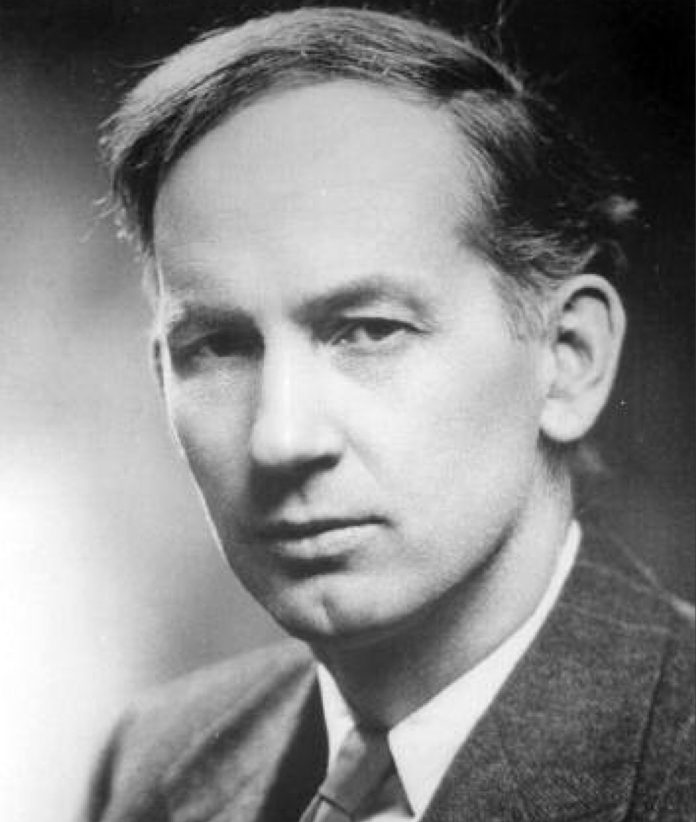Harold Adams Innis was born on November 5, 1894, in Otterville, Ontario. Graduating from McMaster University just prior to the First World War, Innis enlisted immediately after completing his exams and fought on the front lines in France. He was injured by an artillery shell at Vimy Ridge and sent back to Canada shortly afterward. Innis’s experience during the war had a profound effect on his thinking; he became interested in the development of empire-building nations and the relationship between empires and marginalized colonial nations. Shortly after returning to Canada to recuperate from his injury, Innis completed an MA at McMaster University, and then a PhD at the University of Chicago. He returned to Canada in 1920 to take a teaching position in the Political Economy Department at the University of Toronto. Innis remained at the University of Toronto, where he also served as the department chair and dean of Graduate Studies, until his death in 1952.
Two major intellectual biographies of Harold Innis appeared in the first years of the 21st century. Paul Heyer, in Harold Innis (2003), and Alexander Watson, in Marginal Man: The Dark Vision of Harold Innis (2006), agree that while Harold Innis may not be as well known as Marshall McLuhan, his theories of political economy, media and society remain highly relevant today, maybe even more so than those of his intellectual successor. Both men had a profound influence on critical media theory and communications. They also offered Canadian perspectives on the function of communication technologies as key agents in social and historical change. As James Carey notes in his 1967 essay in the Antioch Review, both scholars advanced a theory of history in which communication is central to social change and transformation.
Despite their ideological similarities, however, there is a certain irony to celebrating Harold Innis’s legacy alongside that of Marshall McLuhan. One of the most well-known names in media culture, McLuhan has gained international fame in communications and new-media circles. Innis, on the other hand, spent most of his career working in political economy. His interest in communications and media technology was relegated to the margins of intellectual practice. Working until his premature death in 1952, Innis wrote his numerous articles and studies of communications only late in his career. The field of communications was not easily defined or understood in Innis’s time. Arguably, the work he did helped shape the field as it exists today. His understanding of the socio-cultural dimensions of communications technologies, in particular, has had a profound impact on the discipline of communications and cultural studies. Much of Innis’s work on communication remains unpublished, however; his papers, archived at the University of Toronto, are a sustaining source of information to Innis scholars. Researchers continually take Innis’s theories beyond their political-economic roots, suggesting a continued need to explore and situate the little-known thinker in a contemporary era.

















